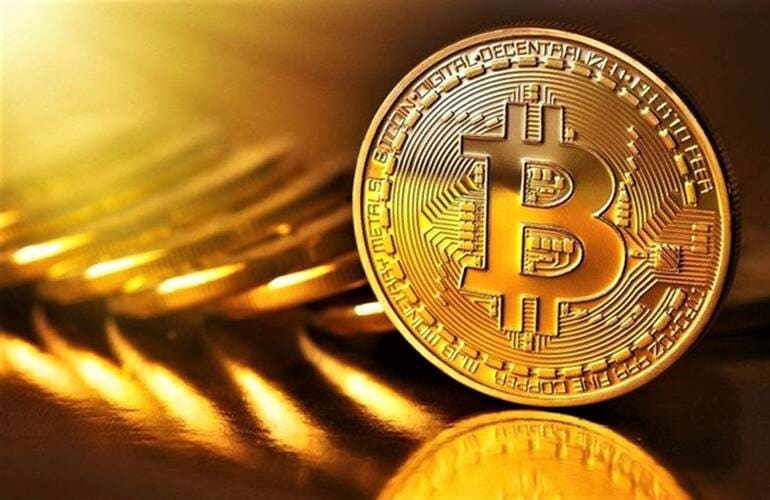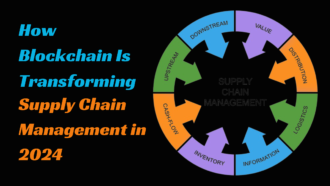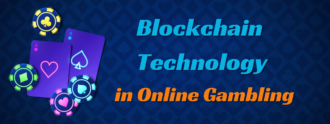Evolving To Bitcoin: How Will Currency Change in The Future?
- 1 The Complexities of Common Payments
- 2 Conclusion:
- 2.1 FAQs:
- 2.1.1 What is the history of currency evolution?
- 2.1.2 How do electronic payments work?
- 2.1.3 What is Bitcoin?
- 2.1.4 How does Bitcoin differ from traditional currencies?
- 2.1.5 What are the advantages of using Bitcoin?
- 2.1.6 How are transactions verified in traditional currencies?
- 2.1.7 What is the role of banks in traditional transactions?
- 2.1.8 Why is Bitcoin gaining popularity?
- 2.1.9 Can Bitcoin be used for everyday purchases?
- 2.1.10 Are there any drawbacks to using Bitcoin?
In Short:
- Evolution of Currency: From barter to modern cash, currencies have evolved. Cards and digital currencies like Bitcoin offer seamless transactions without physical money.
- Electronic Payments: Cards and Internet banking facilitate electronic transactions. Pins validate transactions, and banks act as intermediaries, unlike Bitcoin, which operates without a central authority.
- Bitcoin’s Impact: Bitcoin offers decentralized transactions free from banking regulations. It provides anonymity and opens up trading opportunities globally.
Humans have been ever-evolving when it comes to currency. Right from our barter system to the modern form of cash and notes that we use today, the point is that we can buy whatever we want today without thinking about the complexities involved that were earlier in the barter system.
While all these currencies are extremely tangible, we also process payments and make exchanges virtually. It means that while cash and coins are something you can keep, there are other forms of currencies that you cannot directly keep. You might have got a list of it that we are talking about cards right now.
The Complexities of Common Payments
Cards are, in fact, one of the most valuable forms of currency right now and have been able to get us anywhere and buy anything. That depends on how much money we have in our bank account, but you don’t need to carry truckloads if you are eyeing something expensive.
The point is that money seems so seamless when you don’t physically see it. You can do more than a few things independently and make purchases and transactions wherever possible.
While you can count the currency notes and coins physically when you have them, you don’t do such things with cards. For a person, this means that when you purchase anything, the purchase details are stored as transactions in your bank account. No physical money gets transferred anywhere.
The same transaction is processed at the person’s end from whom you purchase anything. So, the question is, when you buy everything without the constraints of physical money, how does the transfer take place?
The answer is simple: Money gets transferred electronically. Financial organizations, such as banks, etc., change the figures in your account and the service provider’s account to reflect a transaction. The same is conveyed to you via a notification such as an SMS or email.
Electronic Payments
When we talk of an electronic change, it simply refers to a change made using a computer algorithm. For example, when you purchase a car worth $1000, you pay using a card. The retailer takes your card, swipes it in his machine, and voila! You’re free to take your car to your home.
While the entire experience sounds amazing, the background processes are complex. As the retailer swipes the card in the machine, you are supposed to enter the pin in your machine. This pin is a sign of validation that helps establish the transaction’s authenticity.
Once you enter the pin, the information is verified by the financial institution, which is your money’s fundamental caretaker. In other words, it is the bank that quickly verifies your PIN and decides whether to process a transaction or not.
After your PIN gets verified, the algorithm changes the figures in your bank account and that of the car retailer. Therefore, while you receive an SMS of a debit of $1000, the car retailer gets a notification of a credit of $1000.
Similarly, even cardless payments exist and have been popularized by audiences worldwide. One of the most common forms of payment is Internet banking. The currency is digital, but a user doesn’t get to carry a card or cash to make a transaction for it. Usually, internet banking is extensively used for payments made in eCommerce.
However, another form of currency is taking over, which is completely digital. Known as Bitcoin, the currency came into existence only in 2009 and has been one of the most talked-about currencies in the world.
One of the best advantages of using Bitcoin is that no middlemen are involved, as we talk of payments. If you’re wondering what intermediaries exist in usual currencies, it is the bank. Bitcoins can be used without having to get a verification from banks. And that’s because Bitcoin currencies aren’t stored in the bank.
They can be used to book hotels on Expedia and buy games for your Xbox, but most of their hype comes from its trading capability. So, what does it mean to process a transaction without any bank in the middle? Let’s understand it this way- when you process a payment via modes like cards and internet banking or any Java development India secure payment, you need to verify a PIN at the end of the bank. And that is because the bank stores your money, so all of our transactions will be tracked.
On the other hand, when you’re using Bitcoin, you are completely anonymous in terms of transactions. While regular payments are tied to international regulations, bitcoins are the most free currency. You have said that it presents many opportunities for people interested in trading. We’ve come a long way in evolving currencies, and while every other currency is tied to a middleman called a bank, bitcoin offers complete flexibility across borders.
Conclusion:
The evolution of currency has led to seamless transactions through cards and digital currencies like Bitcoin. While traditional methods involve banks as intermediaries, Bitcoin offers decentralized, borderless transactions, revolutionizing the financial landscape.
FAQs:
What is the history of currency evolution?
Currency has evolved from barter systems to modern cash and digital forms like cards and Bitcoin.
How do electronic payments work?
Electronic payments involve validation through pins, with banks as intermediaries in traditional methods like cards, unlike Bitcoin, which operates without central authority.
What is Bitcoin?
Bitcoin is a digital currency introduced in 2009, known for its decentralized nature and freedom from banking regulations.
How does Bitcoin differ from traditional currencies?
Bitcoin operates without a central authority or banks, offering anonymity and borderless transactions.
What are the advantages of using Bitcoin?
Bitcoin offers decentralized transactions, anonymity, and global trading opportunities without banking regulations.
How are transactions verified in traditional currencies?
Transactions in traditional currencies are verified by banks through pins and involve intermediaries in the form of financial institutions.
What is the role of banks in traditional transactions?
Banks act as intermediaries in traditional transactions, storing money and facilitating electronic payments through cards and internet banking.
Why is Bitcoin gaining popularity?
Bitcoin’s decentralized nature, anonymity, and borderless transactions make it attractive for those seeking financial freedom and global trading opportunities.
Can Bitcoin be used for everyday purchases?
Yes, Bitcoin can be used for everyday purchases like booking hotels and buying games, but its primary appeal lies in its trading capabilities.
Are there any drawbacks to using Bitcoin?
Bitcoin’s decentralized nature and lack of regulation can lead to price volatility and potential security risks, making it less predictable than traditional currencies.

















